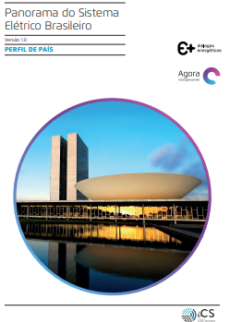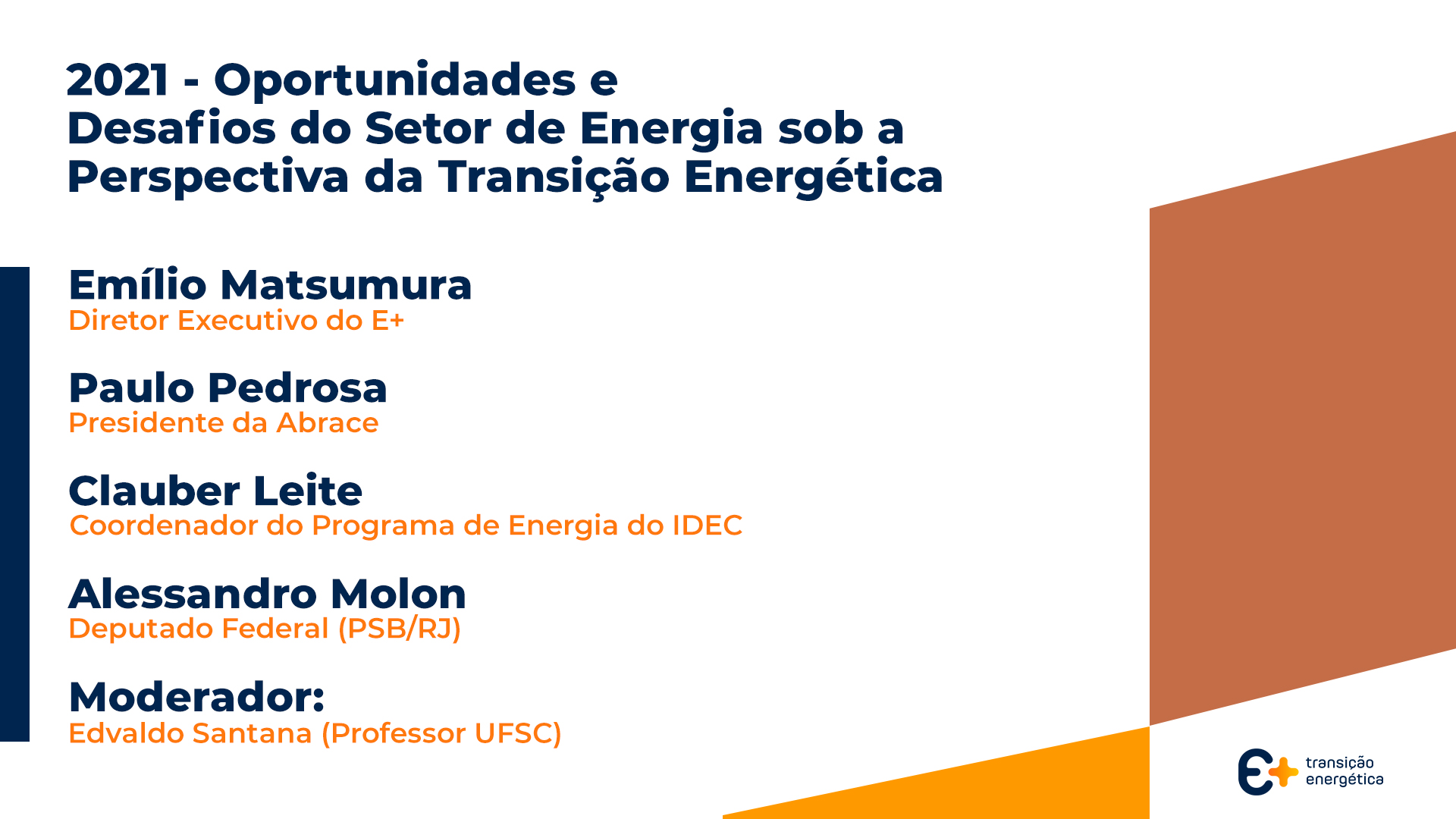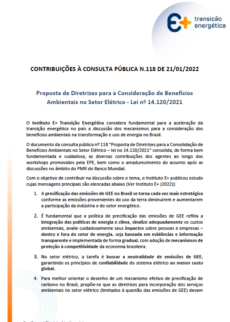
09/2019
Report on the brazilian power system – Version 2018
Country Report - Version 2018
Summary:
The energy transition is transforming our economies with increasing speed: it will have profound impacts on communities, industries, trade and geopolitical relations. Concerns about climate change and energy security have been at the root of new technological developments. However, renewable energy sources with decreasing costs are now disrupting traditional fossil-based energy systems even without subsidies. This shift is supported by innovative solutions for digital control and energy storage that allow us to integrate increasingly variable and decentralised energy generation resources. In addition, emerging technologies, such as electromobility or the production of electrofuels, will allow renewable energy to substitute fossil fuels even in transport and industry.
The social and economic opportunities that arise from this potential for electrification at low financial and environmental cost are attracting the attention of proactive policymakers around the world. Energy transition investment is an economic growth opportunity. Capital markets are shifting their assets towards green investment opportunities. Nonetheless, many countries will need decades to substitute existing fossil-fuel based power generation capacities, and establish the predominantly renewable electricity systems that are needed for the successful decarbonisation through electrification of other sectors.
Brazil, a large and diversified economy, is ahead of the curve. Brazil is in a unique position with its predominantly renewable and diversified power system that offers it the chance to lead the development of the energy system of the future. For Brazil this represents a much-needed opportunity to foster investments that promote socio-economic development and support the modernization of industry to boost productivity and economic growth. Brazil’s experience can also provide important lessons for other countries. This prospect is increasingly recognised by energy specialists in the private sector, civil society and government. However, the successful transition to the energy system of the future in Brazil will require a broad and inclusive societal dialogue. Only if all stakeholder interests are recognised, will it be possible to minimize negative impacts and maximize the positive socio-economic benefits of this transition.
In this document, we are presenting a Brazil Country Report as an introductory reading for international and national actors who wish to prepare for this dialogue.






